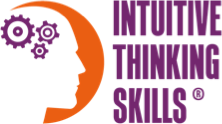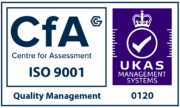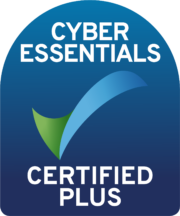Reducing violence with NHS England
From April 23 – March 24, we have had the opportunity of taking part in a pilot scheme with NHS England. The NHS violence reduction scheme was aimed at supporting and educating patients and service users who had been excluded from services, placed on the Special Allocation Service (SAS) or received a warning letter about their behaviour from their GP or chemist. Our role was to engage and work with them individually or as groups to improve communication, emotional intelligence and de-escalation skills with primary care staff through our highly successful Kind Regards programme.
As you may have seen from our previous post, our Kind Regards programme teaches people how to solve problems without aggressive or violent behaviour through providing education and skills. The programme encourages learners to believe in their own abilities by developing the key skills of relationship management through critical thinking and the 3 R’s (respect, resilience and responsibility) and includes topics such as:
- Brain science
- Understanding how emotion works
- Controlling the “inner voice”
- How we think, handle stress and make choices
- How unfounded beliefs result in unreasonable behaviour
- The importance of using language to effect change
- Defining your values
- Self-reflection and self-esteem
- Implementing change
- Personal action plan
The overall goal of the programme was for service users to understand the importance of compassion, dignity and personal responsibility when interacting with care services and the wider community.
So how did it go?
- 88% of learners completed the programme, exceeding our target of 85%, with learners showing a 64% increase in attitude STAR outcomes* post course.
- All completing learners achieved an NOCN Level 1 Award in Behaviour Management (Aggression).
- We also received some great anecdotal feedback from learners:

The lived experience of our staff was a vital factor in supporting the effective engagement with people on the programme. The balance of this experience and the skill set demonstrated within the course content has proven to be effective in working positively and constructively with the learners referred.
It has been a great opportunity to be a part of and we hope to continue working with primary care services to ensure the safety and wellbeing of both staff and those who attend the services.
Amanda Jebb, programme tutor:

*ITS incorporated an Attitude Star as part of the programme to monitor the progress of the learner and to measure the impact of the learning on the individual’s attitude and beliefs. The frequency of the Star tool was recorded at the commencement of the provision, at the conclusion of the training and finally at the graduation stage.












